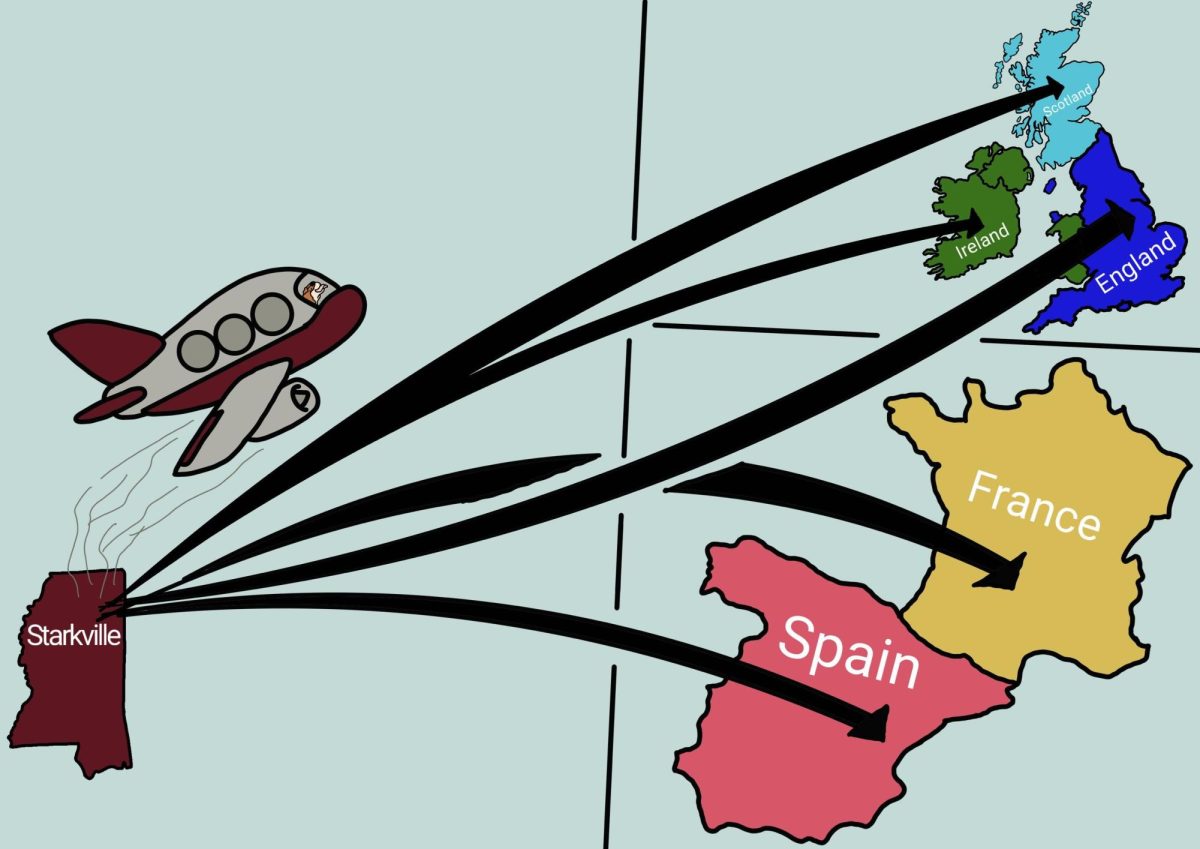When I first heard J.K. Rowling was writing a new book, I thought, “Great, I can get my little sister that for Christmas. No effort from me, excitement from her – everyone’s happy.” And then I read “The Casual Vacancy.” Sorry, kid. This isn’t Harry Potter, and I’m not buying it for you. Maybe I’ll get you a nice Charles Dickens novel.
“The Casual Vacancy” has been marketed as an adult novel, and, well, it is. Honestly, I don’t think some readers will be able to get over the same author who created Hogwarts and Gringotts could also write about teenage sex, drug use, suicide and darker elements of society. But once I began reading the book, I was able to separate author from book and became invested in the small English town of Pagford.
In the spirit of a modern-day Charles Dickens novel, “The Casual Vacancy” deals with repercussions of parish councilor Barry Fairbrother’s death. Although on the surface, Pagford seems quaint, the social tensions within the town begin to show as Fairbrother’s vacant seat becomes a point of contention. Told from various of the town residents’ perspectives – including teenagers, bored housewives, new residents and those who believe themselves to control the local government – the interlacing weaves a complex and heartfelt narrative.
Despite the multiple viewpoints, the book does not become too complicated for the average reader. Although it acts as a social commentary, Rowling does not become so heavy-handed in her writing that the novel degenerates into a preachy sermon. Rather, a smartly nuanced narrative simply shows the various sides of social and class issues and leaves the reader with issues to ponder.
At first it may seem that few of the characters are likable individuals (or have any redeeming traits at all), but as the story unfolds it becomes apparent these people are real – they have flaws and strengths, hope and dreams and fears of failure.
Both humorous and harrowing, “The Casual Vacancy” creates a microcosm of western culture through Pagford. It reveals, through its small-town politics and issues, the problems society faces and the apathy held by so many. Several of the characters, perhaps, mirror us – caught up in our own problems, blissfully ignorant of the suffering surrounding us on a local level.
But, along with the bleak outlook on society, Rowling offers hope. Everything we do affects others, and change can happen, even where we least expect it. Life matters.
After her hiatus from the book world, Rowling returns with an unexpected but nonetheless gripping novel that contributes not only entertainment, but commentary, to a society that could learn from the experiences of the fictional world.

























































































